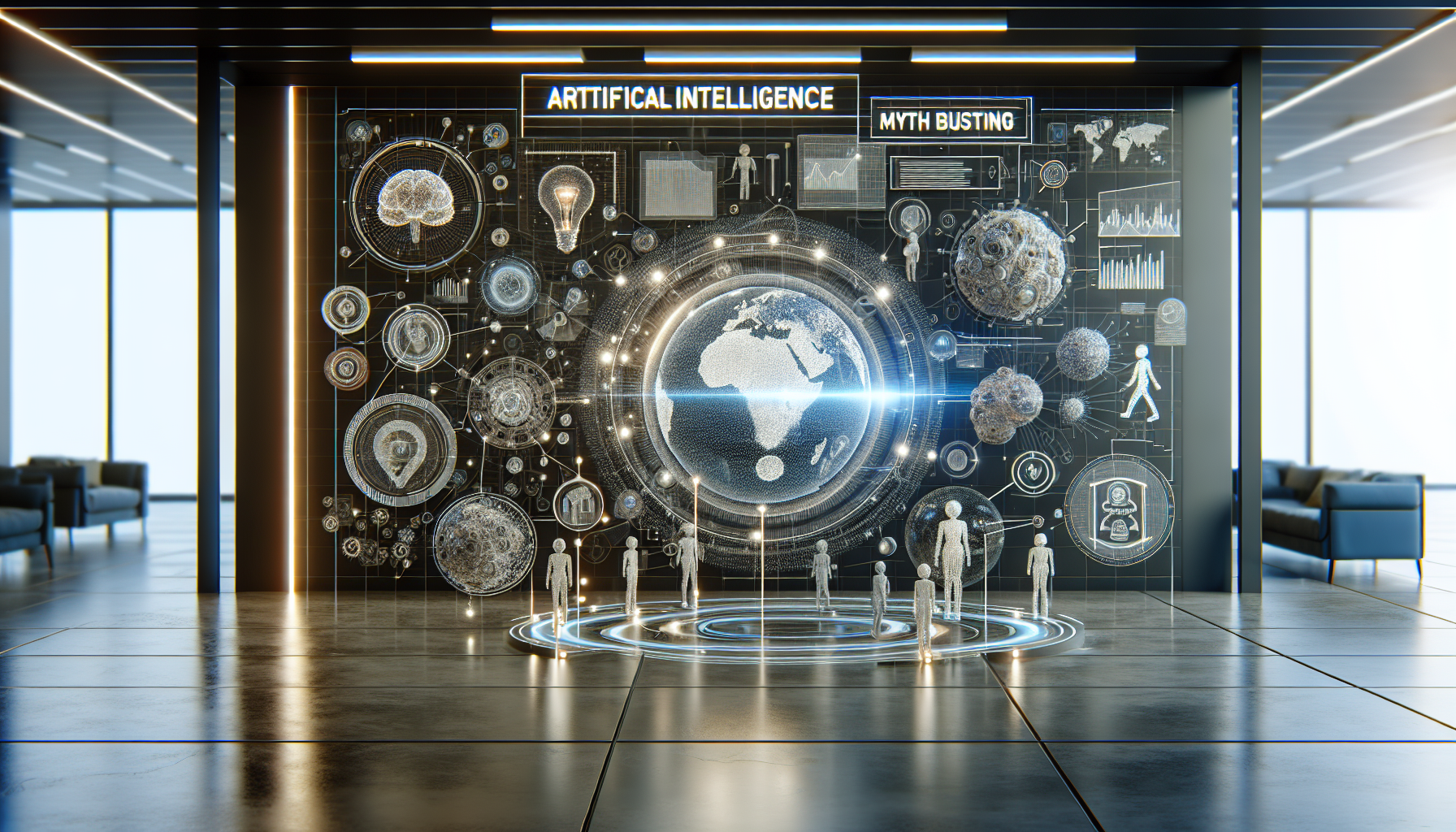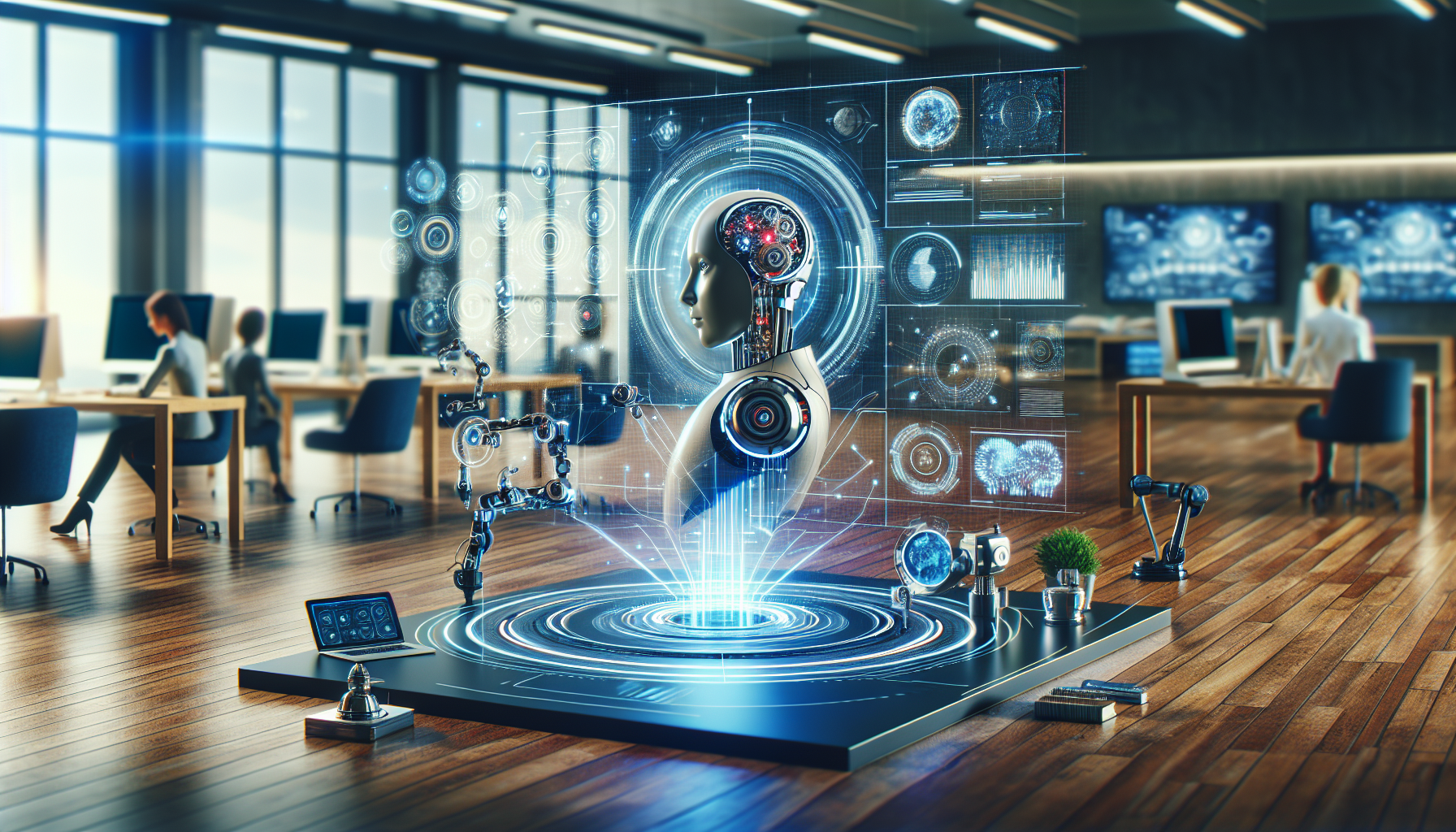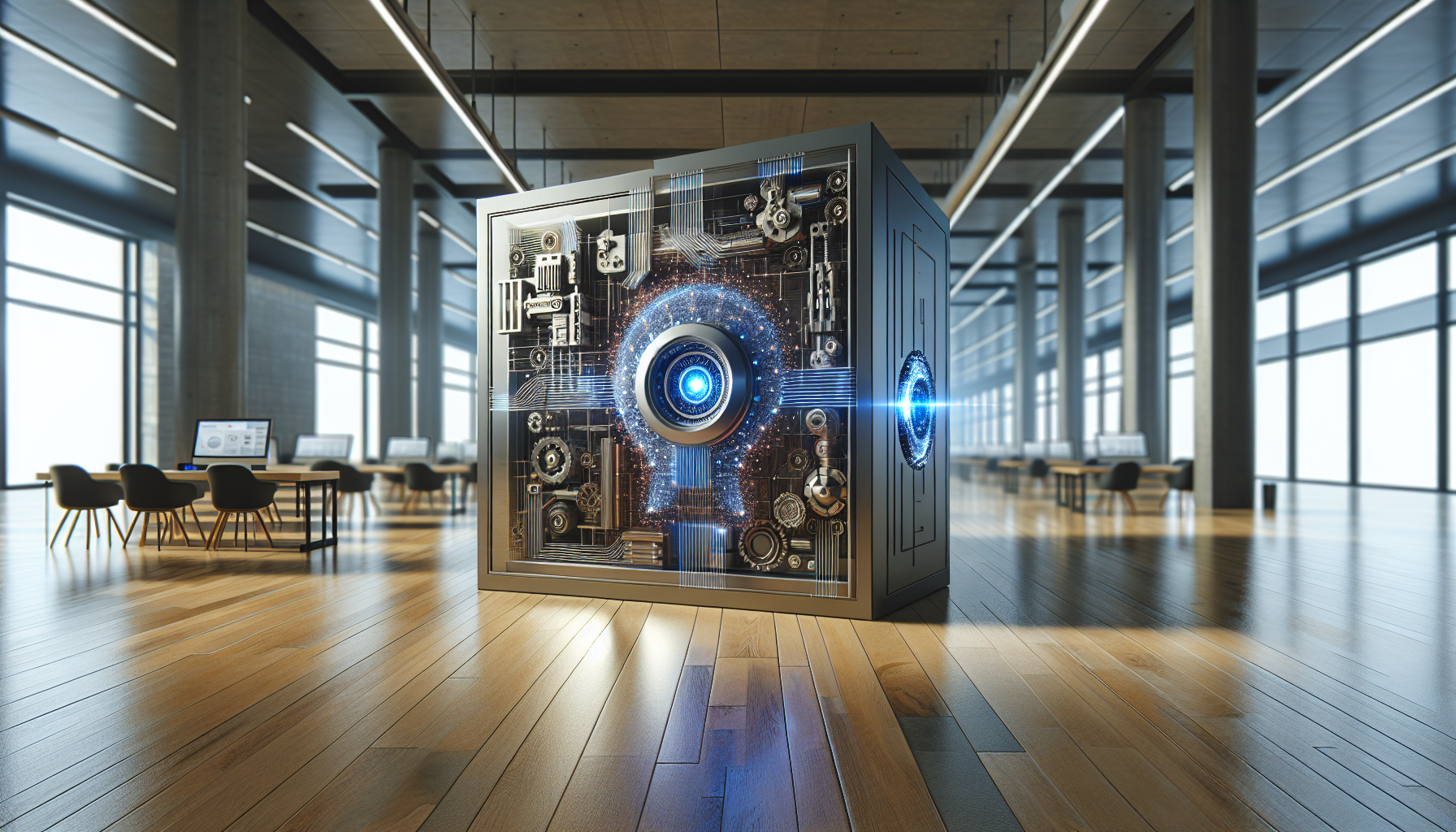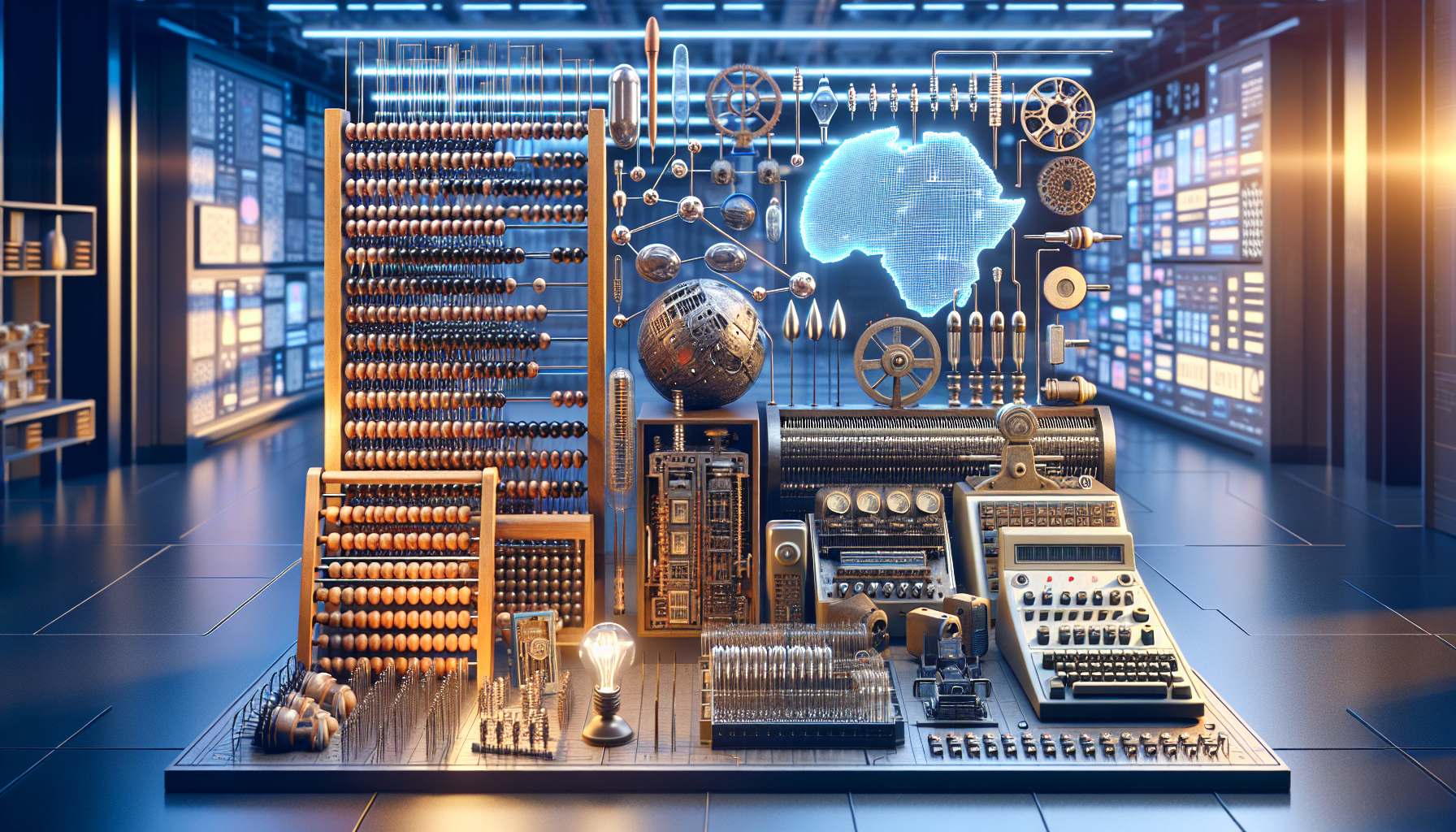
The Evolution of Artificial Intelligence: Debunking Myths and Embracing Reality
November 19, 2025
When you hear the term "Artificial Intelligence," what comes to mind? Perhaps images of sentient robots or computers that outsmart humans at every turn? Popular culture has certainly painted AI with a dramatic brush, but the truth about its evolution and capabilities is far more nuanced—and fascinating. Let’s dive into some commonly held myths about AI and see where reality stands today.
First up, the infamous myth that AI will eventually surpass human intelligence in every aspect, leading to a dystopian future where machines rule the world. This idea, popularized by numerous science fiction narratives, often overlooks the fact that AI is fundamentally designed and controlled by humans. Algorithms, no matter how sophisticated, are constrained by the data they are fed and the parameters set by their developers. While AI can process information at incredible speeds and perform tasks beyond human capacity, such as analyzing massive datasets or recognizing patterns, it lacks the nuanced understanding and emotional intelligence inherent to human beings.
Another prevalent misconception is that AI has a mind of its own. While AI systems can learn and adapt within the confines of their programming, they do not possess consciousness or self-awareness. The term "machine learning" might give the impression that AI systems are independently evolving, but in reality, they are simply executing pre-determined learning algorithms. These systems adjust based on new data inputs but remain tethered to the logic and objectives their human creators have defined.
Consider the myth that AI is a recent innovation, a product of the digital age. In truth, the concept of machines that emulate human thought processes has intrigued scientists and philosophers for centuries. Early dreams of artificial intelligence can be traced back to ancient mythologies and philosophical musings. The actual work on AI began with the development of computers, as pioneers in the field started building the theoretical and mathematical foundations that would eventually lead to today’s AI technologies.
A particularly interesting myth is the notion that AI is infallible, immune to errors that humans might make. This belief overlooks the reality that AI systems are only as good as the data they are trained on. If the input data is biased or flawed, the AI's outputs will reflect those imperfections. The infamous case of biased facial recognition software highlighted how crucial it is to address data quality and diversity in AI training datasets. This serves as a reminder that AI, while powerful, is not perfect and requires ongoing human oversight and refinement.
Some people fear that AI will render many jobs obsolete, leading to widespread unemployment. While it's true that automation has the potential to transform industries, it doesn’t necessarily equate to job loss. Historically, technological advancements have always brought about new types of employment even as they replaced outdated ones. AI is set to create new opportunities in fields like AI ethics, data science, and human-AI interaction design, where human creativity and strategic thinking remain indispensable.
Speaking of creativity, there’s a myth that AI will never match human creativity. Machines can indeed produce art, music, and even poetry, often with impressive results. However, creativity is not just about producing outputs; it's about the intention, context, and emotional resonance behind them. AI-generated works can mimic styles and patterns, but they lack the experiential depth and emotional motivation that guide human creatives.
Now, let's talk about AI's impact on privacy—a hot topic that often leads to misconceptions. Some believe AI is inherently a threat to privacy, given its capacity to analyze vast amounts of personal data. In reality, AI can also be used to enhance privacy, using techniques like differential privacy to protect individual identities while still gaining insights from data. The key lies in how AI is implemented and regulated, emphasizing transparency and accountability.
As we continue to debunk these myths, it’s clear that AI is neither a miraculous savior nor an uncontrollable monster. It is a tool—one that holds remarkable potential to enhance human abilities and solve complex problems, provided it is developed and used responsibly. The narrative around AI should shift from fear and speculation to informed curiosity and ethical consideration.
So, what does the future hold for AI? As we continue to integrate it into the fabric of our daily lives, the focus should be on human-AI collaboration rather than competition. How can we best leverage AI to amplify human potential, and what steps should we take to ensure it aligns with our values and needs? These are the questions that will guide the next chapter of AI’s evolution.


